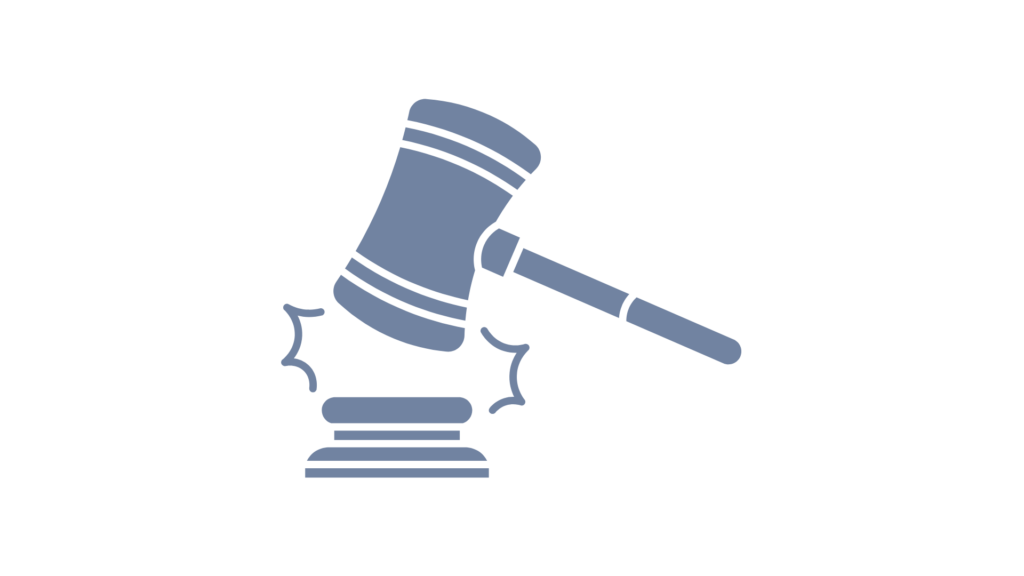

While anyone can have a judgment entered against them, when we say that someone is “judgment proof” what we really mean is that the person does not have any income or property that can be taken by someone who has gotten a judgment against them. This is because New Jersey and Federal laws protect certain income and property from being taken, even if you owe money under a judgment. Protected income and property is called “exempt.”
Examples of exempt income and property include:
It is important to know that many of these assets are not automatically exempt. That means that someone with a judgment against you may freeze, or put a “levy,” on a bank account that contains these benefits, and it is up to you to file an exemption claim with the Court to get that money back. Only electronically-deposited federal benefit payments like Social Security, SSI, and Veteran’s benefits are automatically exempt from levy.
Federal payments such as Social Security and VA benefits are automatically protected in a bank account up to two times the amount of your monthly benefit, but only in the account into which the government electronically deposits them. If you move the funds into a different account, or if you accumulate more than two times your monthly benefit, the funds are still exempt but not automatically exempt. That means a creditor might freeze the unprotected amount and you would have to go to court to get it unfrozen.
If you have exempt income and someone has a judgment against you, then you must avoid mixing, or “commingling,” your exempt income with non-exempt income in your bank account. For example, if you are receiving unemployment benefits, you should avoid depositing other checks or cash into your bank account because it can be difficult to trace how much exempt money was in your account if it is levied.
In addition to taking money from your bank account, someone with a judgment against you may offset, or “garnish”, your wages from a job. However, your net (after taxes) pay of up to $217.50 per week is protected, and cannot be garnished. If you earn more than $217.50 per week in net pay, then the judgment creditor can garnish up to 25% of your net pay or 10% of your gross (before taxes) pay, whichever is less.
If you have exempt income that has been levied or garnished, contact Central Jersey Legal Services for assistance in claiming your exemption. Make sure to act quickly, because you may lose your ability to claim an exemption after the money is removed from your account. The New Jersey Courts have created forms you can use to claim an exemption, which are located at: https://www.njcourts.gov/forms/12323_obj_bank_levy.pdf
Important note: This article deals with judgments held by individuals, companies such as banks or credit cards, medical offices, and debt collectors. Judgments and debts owed to State and Federal government agencies have different rules, and these agencies may be able to offset and collect benefits that are normally exempt. Contact your local Central Jersey Legal Services office if you have questions about debts owed to the government.
This article was written collaboratively by CJLS Senior Attorneys: Gail Chester, Esq., Dan Rubin, Esq., and LaTanya Harray, Esq. (Sept. 2022)
For more information or for further assistance, please contact Central Jersey Legal Services.
Mercer County: (609) 695-6249
Middlesex County: (732) 249-7600
Union County: (908) 354-4340
